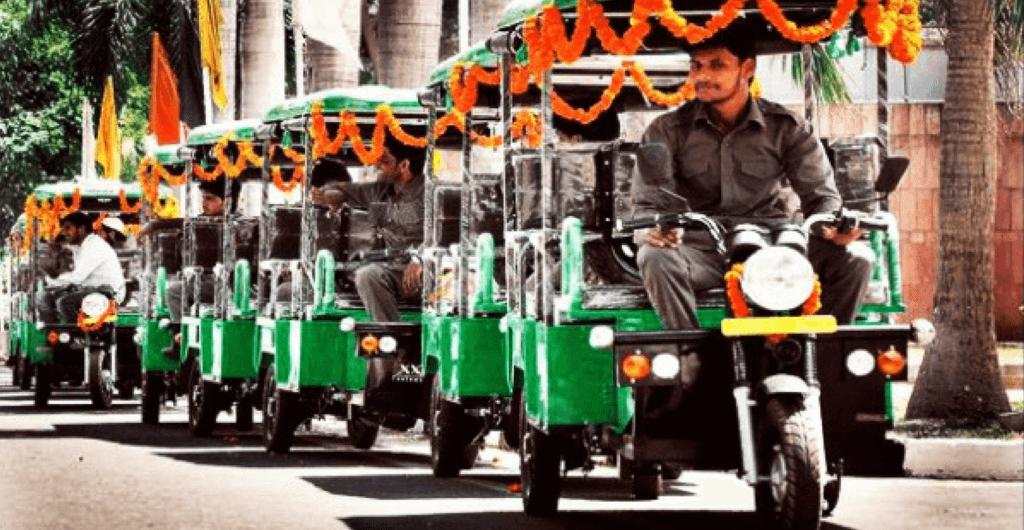The Delhi government has approved the city’s much-awaited EV policy. It will introduce 5,000 e-autorickshaws and offer incentives for delivery services to switch their two-wheeler fleets to electric by 2024. Incentives of up to Rs30,000 per e-rickshaw could also be in the offing, and all new private and commercial buildings will be mandated to set aside at least 20% of their charging facilities for charging EVs.
Most importantly, the government has supported the EPCA [Environmental Pollution (Protection and Control) Authority]’s plea to the Supreme Court for the cap of 100,000 autorickshaws for Delhi to be dissolved. This would allow several more than 5,000 e-auto rickshaws to be deployed on Delhi’s roads. The EV policy itself will go into effect after an official notification.
UK uni to develop EV batteries for Indian conditions
UK’s Loughborough University is teaming up with two Indian institutes to develop EV batteries that could specifically brave India’s challenging summer conditions. The partnership will test phase change materials-based cooling mechanisms and temperature-resilient battery chemistries, since li-ion batteries degrade quickly and run the risk of overheating at operating temperatures beyond 25°C.
California may measure, standardise ‘electricity pumped’ into EV chargers
The state of California could mandate that from 2020, all EV chargers in the state must accurately measure — up to four decimal points — the electricity they pump out when charging EVs and inform customers of the same. They may also be required to standardise whether to bill customers over the time needed to charge their EVs, or the quantum of electricity they purchase (in kWh).
The idea has met stiff resistance from players like EV2GO and Tesla over the millions of dollars needed for compliance, and over the assumption that EV chargers can be regulated by the same standards as conventional fuel pumps.
Bhopal to include electric bikes in bike-sharing
The city of Bhopal in India will reportedly upgrade its public bike sharing (PBS) project by including electric bikes in early 2020. The city may upgrade nearly 500 of its bicycles by retrofitting them with battery packs and electric motors, and will also convert more than 100 of the programme’s “docking stations” to fast-charging nodes. Bhopal’s PBS system is India’s first fully automated bike sharing programme and even uses GPS integration.
About The Author
You may also like
New report shows ways to build an efficient e-bus ecosystem in India
Corporate watchdog accuses Toyota of misleading marketing, greenwashing
Electrifying India’s Roads: Financing EVs – Challenges, Progress and the Road Ahead
Five lithium and cobalt mines identified in overseas exploration
India approves $7 billion plan for 10,000 electric buses in 169 cities in next 10 years


